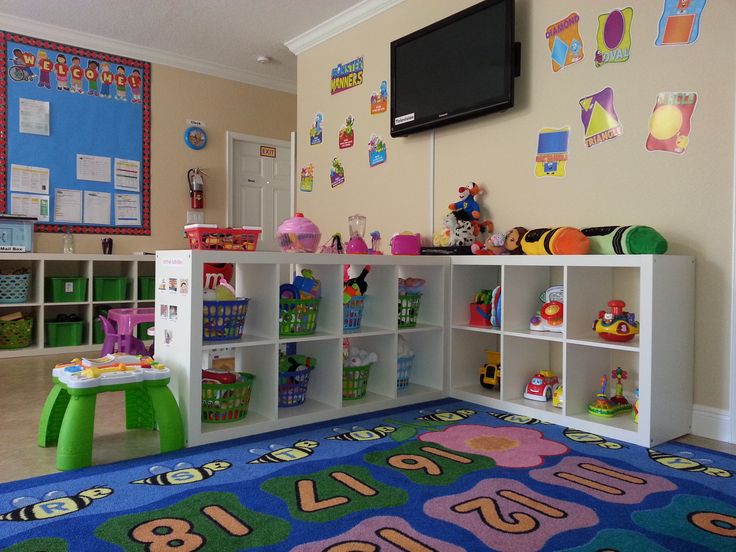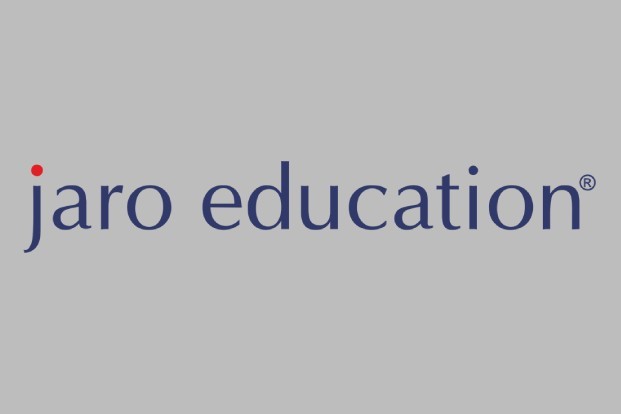Preschool education and home education differ in several aspects, including the environment, structure, curriculum, socialization opportunities, and the role of educators. Here are some key differences between preschool education and home education:
- Environment: Preschool education takes place in a formal setting outside the home, such as a school or childcare center. It provides a dedicated learning environment with specific resources, materials, and facilities. Home education, on the other hand, occurs within the home environment, where parents or caregivers take on the role of educators.
- Structure: Preschool education follows a structured schedule and routine, typically with fixed hours and specific activities planned for each day. It focuses on age-appropriate learning experiences and follows a curriculum designed to promote various developmental areas. Home education allows for more flexibility in terms of scheduling and activities. Parents can adapt the learning approach to the child’s needs and interests.
- Curriculum: Preschool education typically follows a structured curriculum that covers a wide range of subjects and developmental domains, such as language and literacy, math, science, social skills, and creative arts. Home education allows for a more personalized and individualized approach to curriculum design. Parents can tailor the learning experiences to match the child’s interests, learning style, and pace of progress.
- Socialization Opportunities: Preschool education provides children with opportunities to interact and socialize with peers, fostering social skills, cooperation, and teamwork. They engage in group activities, play, and learn to navigate social relationships. Home education may involve limited interaction with peers, although efforts can be made to arrange playdates, join homeschooling groups, or participate in community activities to provide socialization opportunities.
- Role of Educators: In preschool education, trained educators or teachers play a crucial role in guiding and facilitating learning. They have expertise in early childhood education and employ various instructional strategies to support children’s development. In home education, parents or caregivers take on the role of educators. They are responsible for planning and implementing educational activities, monitoring progress, and providing support and guidance to their children.
- Assessment and Evaluation: Preschool education often includes formal assessments and evaluations to monitor children’s progress and identify areas that may require additional support. Home education allows for more informal and continuous assessment methods, where parents can observe and assess their child’s learning through daily interactions and activities.
It’s important to note that both preschool education and home education can offer valuable learning experiences for children. The choice between the two depends on individual circumstances, preferences, and the specific needs and goals of the child and family.











